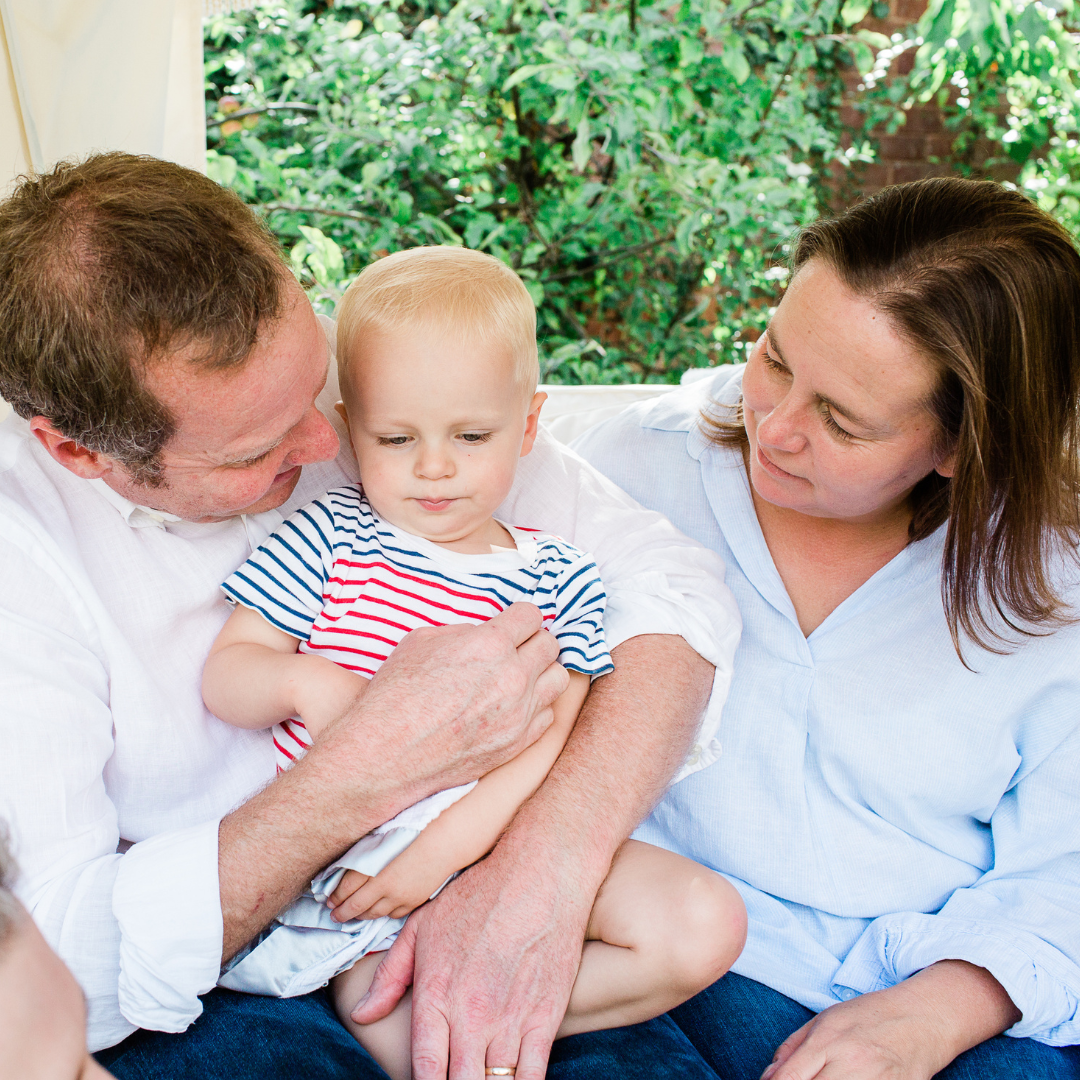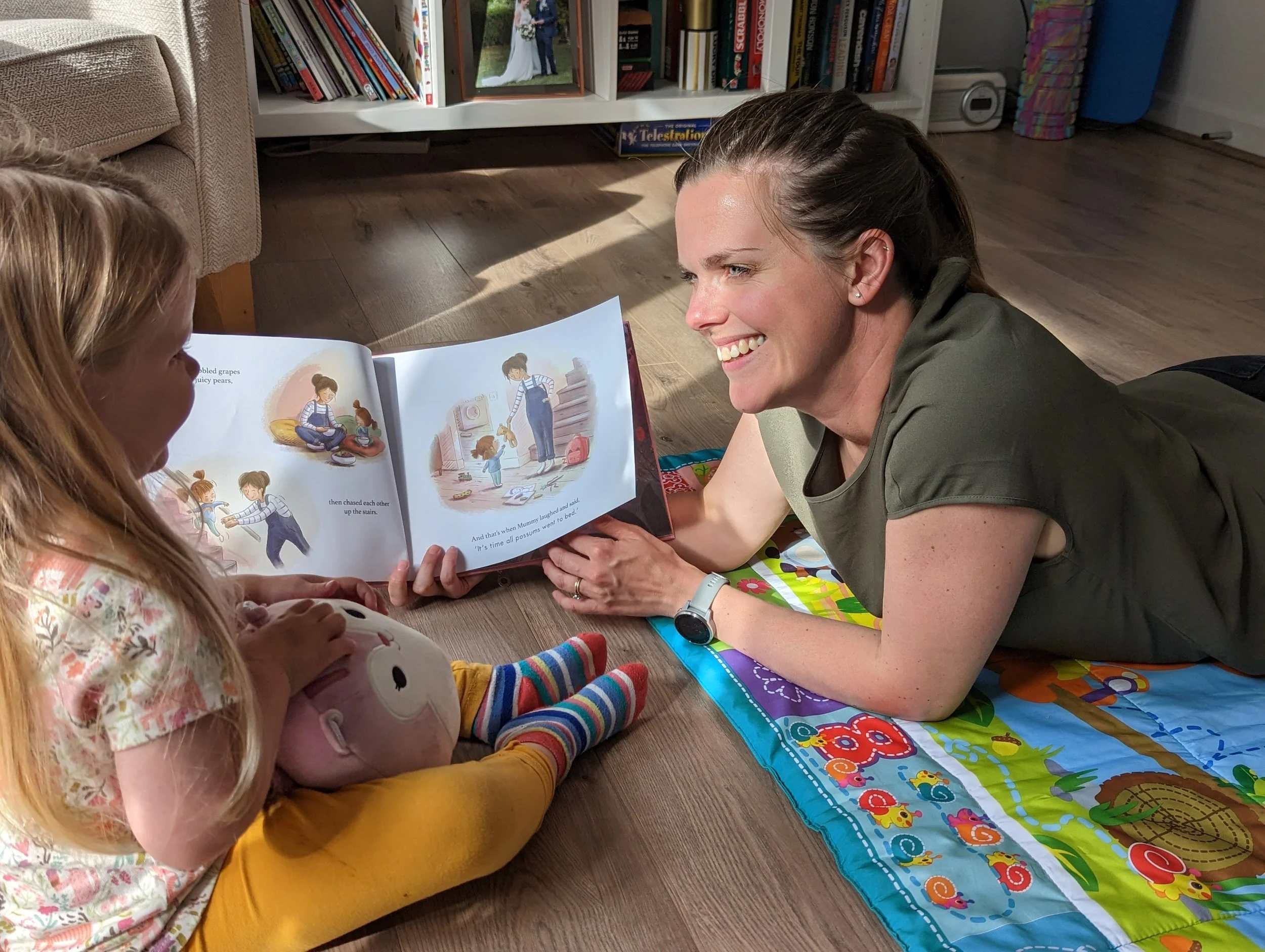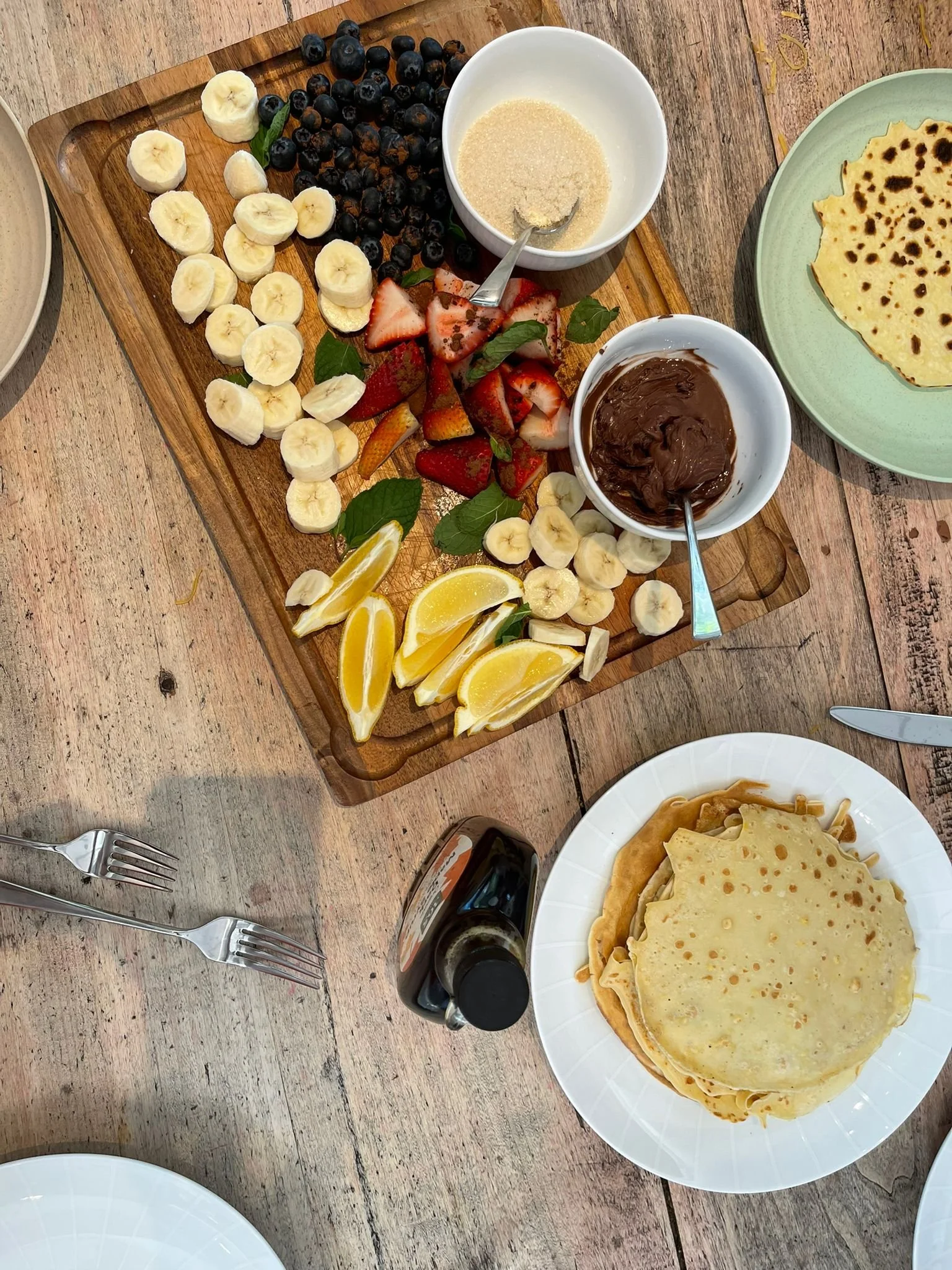Written by Lucy Oladapo, Family Consultant. This family came to us for a parent consultation, not because they were having any major difficulties but because Mum wanted some support in putting a routine in place for baby. The catch was that it needed to fit in around their 3 year old’s daily routine including nursery drop offs and pick ups.
Read MoreCategories
ALL | Babies | Behaviour | Bereavement | Co-Parenting | Food and weaning | Getting to know | Grandparents | Health | Lockdown | Nursery | Other | Play | Routines | School | Separation anxiety | Siblings | Sleep | Teething | Toilet Training | Transitions | Travel | Tweens and Teens | Twins
You can also check out all of our practical videos on our YouTube Channel here - these include nappy changing, making up a bottle, topping and tailing and so much more!
Written by Helen Thompson, Partner, Myerson Solicitors. Contesting a will is a complicated matter, deeply intertwined with the concept of testamentary freedom in England and Wales. This principle, rooted in long-held tradition, grants individuals the right to distribute their estate as they see fit, without requirements to adhere to strict shares or family expectations. Yet, as family dynamics evolve, with the rise of blended families and changing relationships, the landscape of inheritance rights becomes increasingly complex.
Read MoreWritten by Big-Ki Wong, Partner, Myerson Solicitors. If you have young children, are you aware of the legal position as to what will happen should you die without leaving a Will and the importance of making a Will?
Making a Will is the most common way to appoint guardians for your children and to have control over how your estate passes on your death, ensuring that your children inherit and are provided for in the way that you intend. Myerson Solicitors’ Wills, Trusts, and Probate team explore the importance of making a Will and provide their top tips on how to create a valid Will that protects your children.
Read MoreWritten by Claire Burgess, Family Consultant. Potty training is often viewed as a milestone in a child's development, but it doesn't have to be a stressful or rushed process and there are different options to get started. One of these options, Elimination Communication (EC), also known as infant potty training, nappy free or natural infant hygiene, offers a gentle and intuitive approach to helping babies and toddlers learn to use the toilet. In this blog, we'll explore what elimination communication is, how it works, its benefits, and tips for getting started.
Read MoreWritten by Claire Burgess, Family Consultant. One of the questions we get asked a lot by parents and carers who have started potty training, is how to manage this when you want to go out. Understandably there is a huge fear of accidents galore and lots of poo and wee to contend with as a result! However, with some careful planning you don’t need to feel you can’t go out when potty training. Our tips should help…
Read MoreWritten by Claire Burgess, Family Consultant. Childcare is usually at the top of any parent’s mind whether they just need someone to have the children for them to go to an appointment or if it is more permanent for them to go back to work. This is often where grandparents come in. They might offer to help or you might find yourself in the position where you ask them - either way there are a few things to consider when thinking about using grandparents (or indeed friends / other relatives) for childcare.
Read MoreWritten by Kate Burgess, Speech and Language Therapist. Language and Communication development in children is a phenomenal process. Babies go from having an instinctive, reactive cry to being able to use hundreds of words in short phrases by the time they are three years old. And it continues to grow and develop well into primary school and beyond.
For some children, this process happens smoothly without parents and carers feeling like they’re doing anything ‘extra’ or ‘special’. Just chatting along to your child, reading books, singing songs and hey presto! Language is developing.
Read MoreWritten by Holly Howard, Founder of Nanny Cooks. Having nannied across the world, I have supported young ones from babies who are weaning all the way up to 12 year old children. I have come across a fair few fussy eaters along the way. This has allowed me to create a bank of resources to help deal with the challenges of fussy eaters and test tricks to help prevent it.
Written by Claire Burgess, Family Consultant. Are you finding that you are asking your child questions or giving instructions to only be told “no”? Does this make you feel like everything is very hard work? When your child finds their voice and the word ‘no’, this can often create times of frustration and annoyance both from the child and from the adult receiving this response!
‘No’ is a very powerful word - it can often really stop us in our tracks. Our children see this and then use the word in order to fully understand its meaning. Our children very quickly realise the power that the word ‘no’ has and use this to assert themselves and their thoughts and feelings.
Read More









